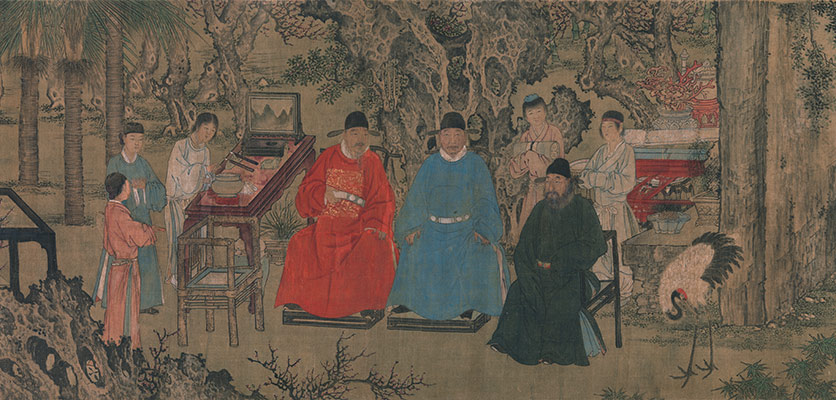Historical scholarship
2 min readHistory provides the coordinates of culture.Only by understanding China’s historical scholarship can the larger picture of Chinese culture come into focus.
As early as the tenth century BC,the Western Zhou Dynasty(1046-771 BC)instituted the position of official historian,attaching great importance to the keeping of historical records.

During the Spring and Autumn and Warring States periods(770-221 BC),a number of historical works were produced by private individuals.The Spring and Autumn Annals compiledby Confucius(551-479 BC)was China’s first such history.Prior to the Qin Dynasty(221-207BC),most historical works were either collections of earlier political and historical writings or records of major historical events.From its beginnings,Chinese historical writing has closely adhered to authentic historical materials.Modern archeological discoveries have confirmed the high degree of accuracy of these early works.
China’s earliest historical works consisted primarily of chronological records(biannianti).
Shiji(Records of the Grand Historian),by Sima Qian(c.145-90 BC),the great historian of the Western Han Dynasty(202 BC-9 AD),established biographic records(jizhuanti)as the stan-
dard form for historical works.This type of history was characterized by its focus on historical personages and its approach to history as a unified whole.A total of twenty-five biographic dynastic histories were produced,known collectively as Ershiwu Shi(The Twenty-five Histories).
During the Northern Song Dynasty(960-1127 AD),historian Sima Guang(1019-1086AD)and his assistants labored for nineteen years to compile a universal history in the chronological style(biannianti)that spanned 1,362 years.Called Zizhi Tongjian(Comprehensive Mirror to Aid in Government),this work covered the period from 403 BC to 959 AD.The Comprehensive Mirror not only offered a compilation of existing historical narratives,but also contained scholarly commentaries on historical events.These narratives and commentaries provided government officials with an overview of Chinese history,as well as an opportunity to learn from the lessons of history,indicating the importance of historical scholarship to Chinese culture.

Modern Chinese historical scholarship,while drawing from Western thought,also explores thehistorical lessons of modern China’s social transformation.This synthesis has produced numerous viewpoints concerning modern Chinese history.Since the end of the 1980s,broadexchanges have occurred between Chinese historians and foreign Sinologists,greatly enrichingthe academic arena.The works of famous Sinologist John King Fairbank of Harvard University started to be cited by Chinese college students during this time.In 2002,the Chinese Dynastic History Project completed the Xia-Shang-Zhou Chronological Table,extending the confirmed chronology of Chinese history from 841 BC back to 1046 BC,and providing material evidence for the existence of the ancient and mysterious Xia,Shang,and Zhou dynasties(c.2070-256 BC).








